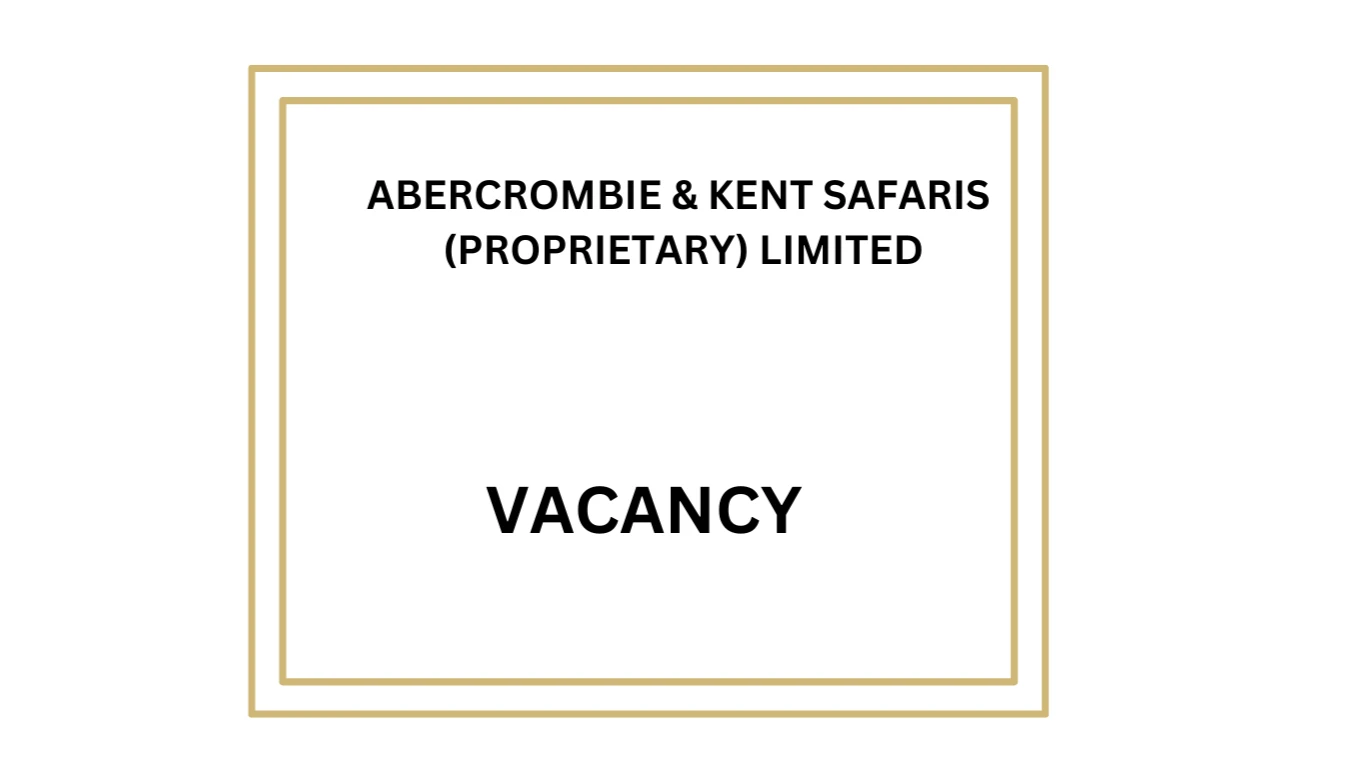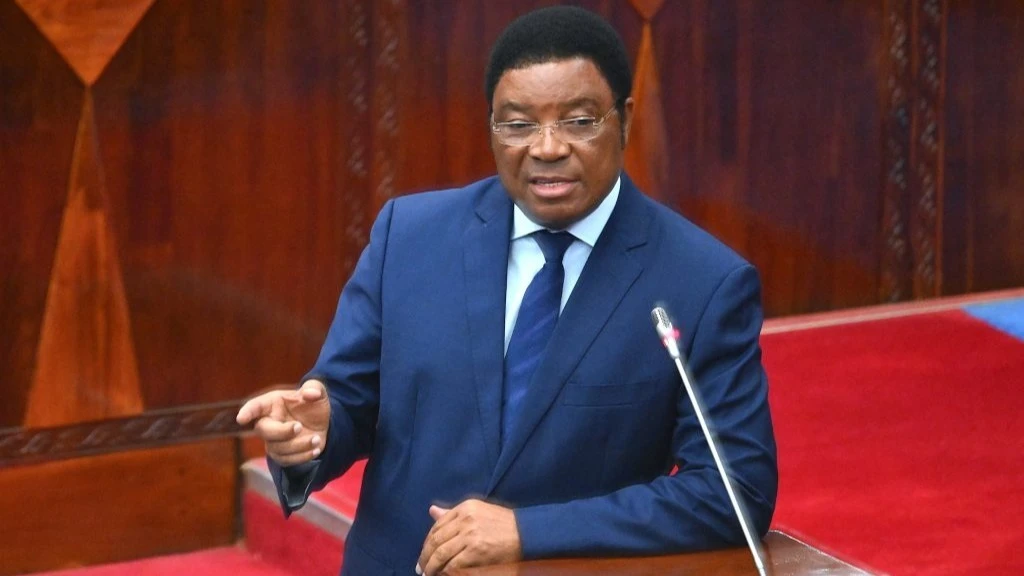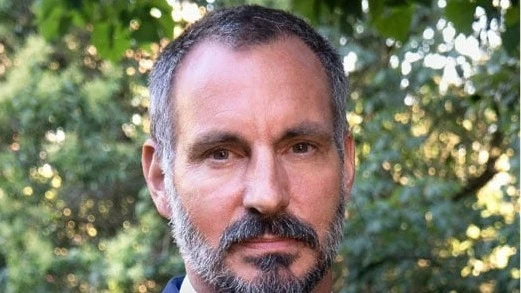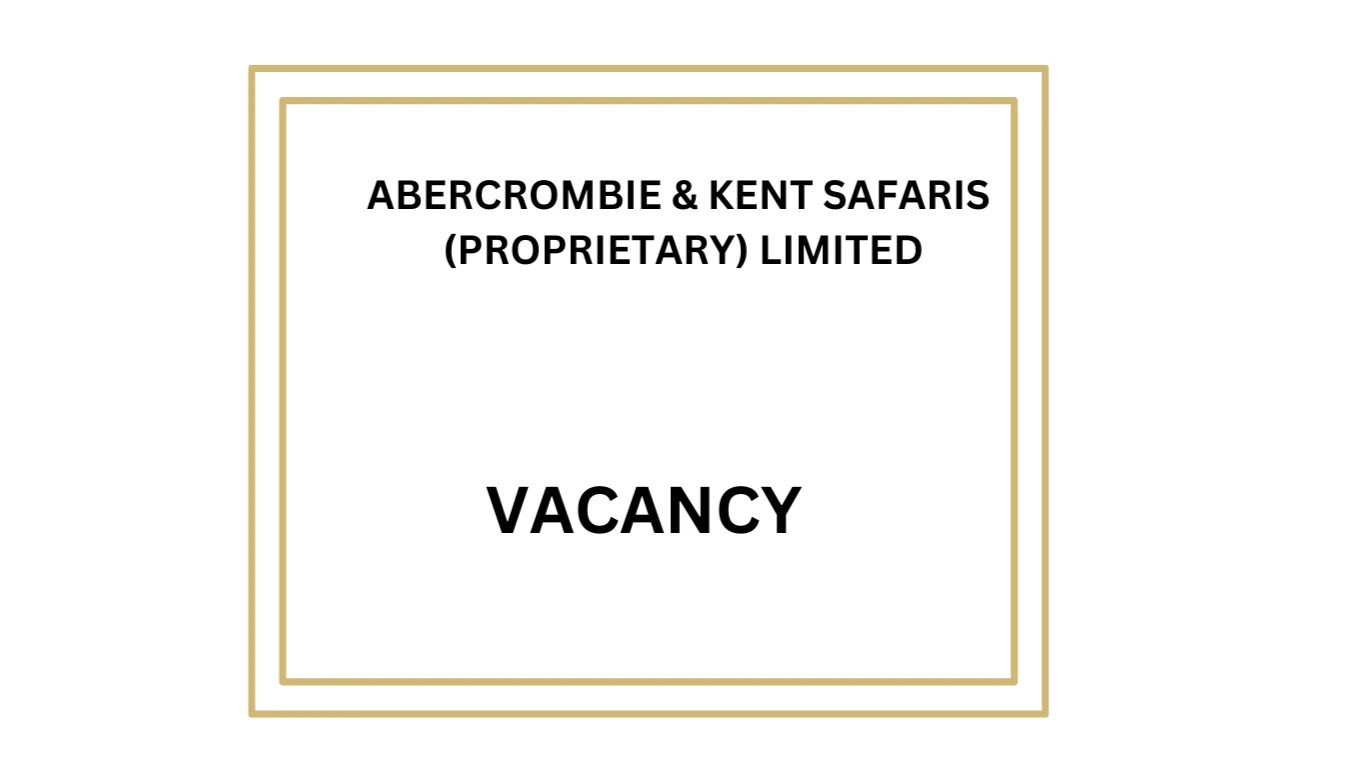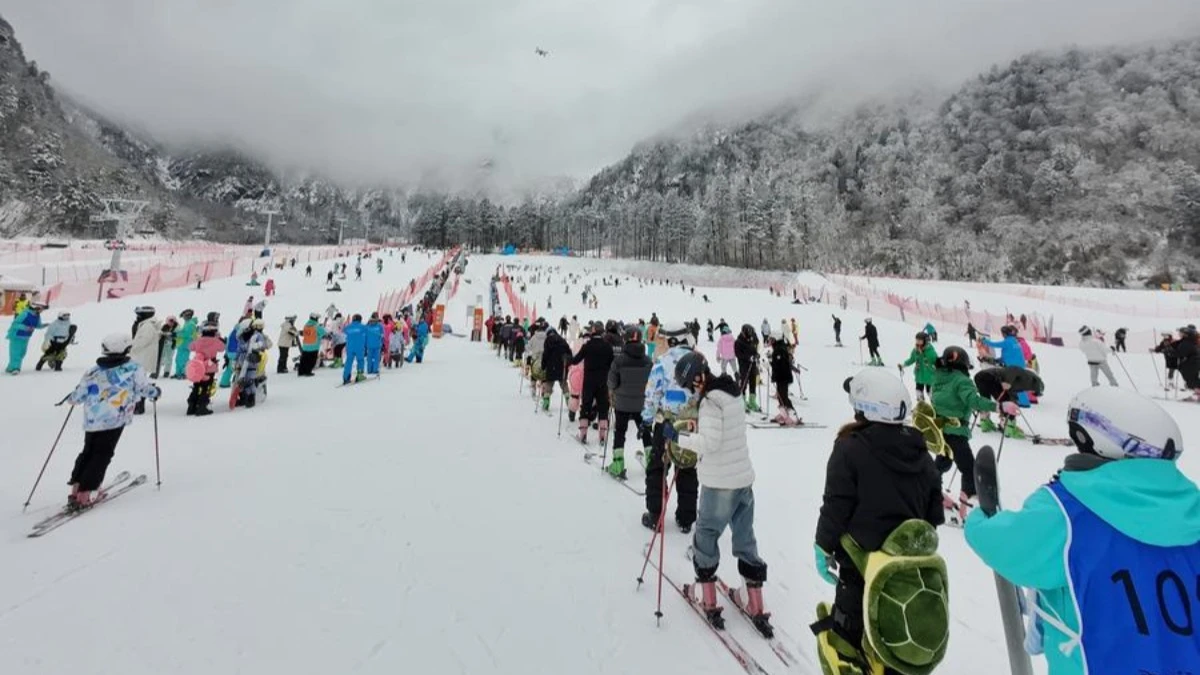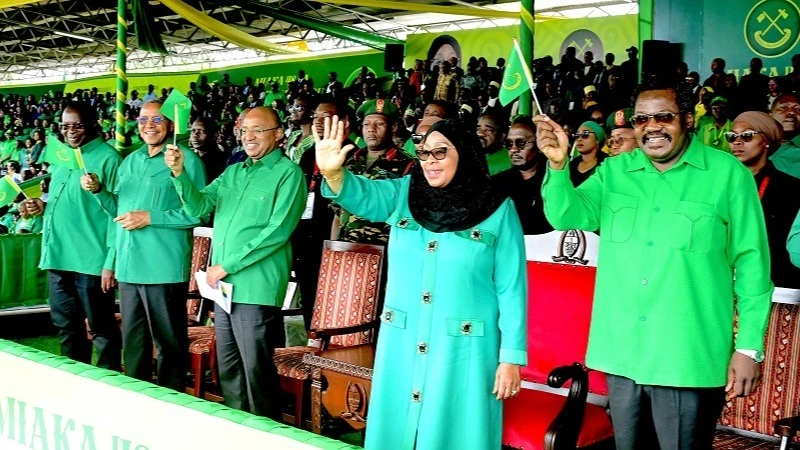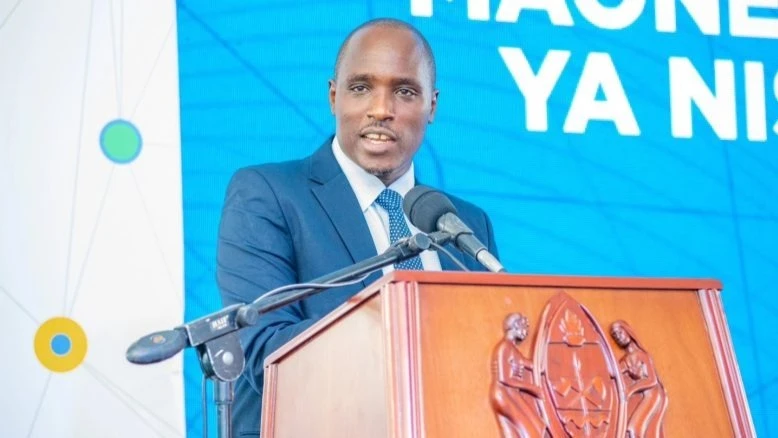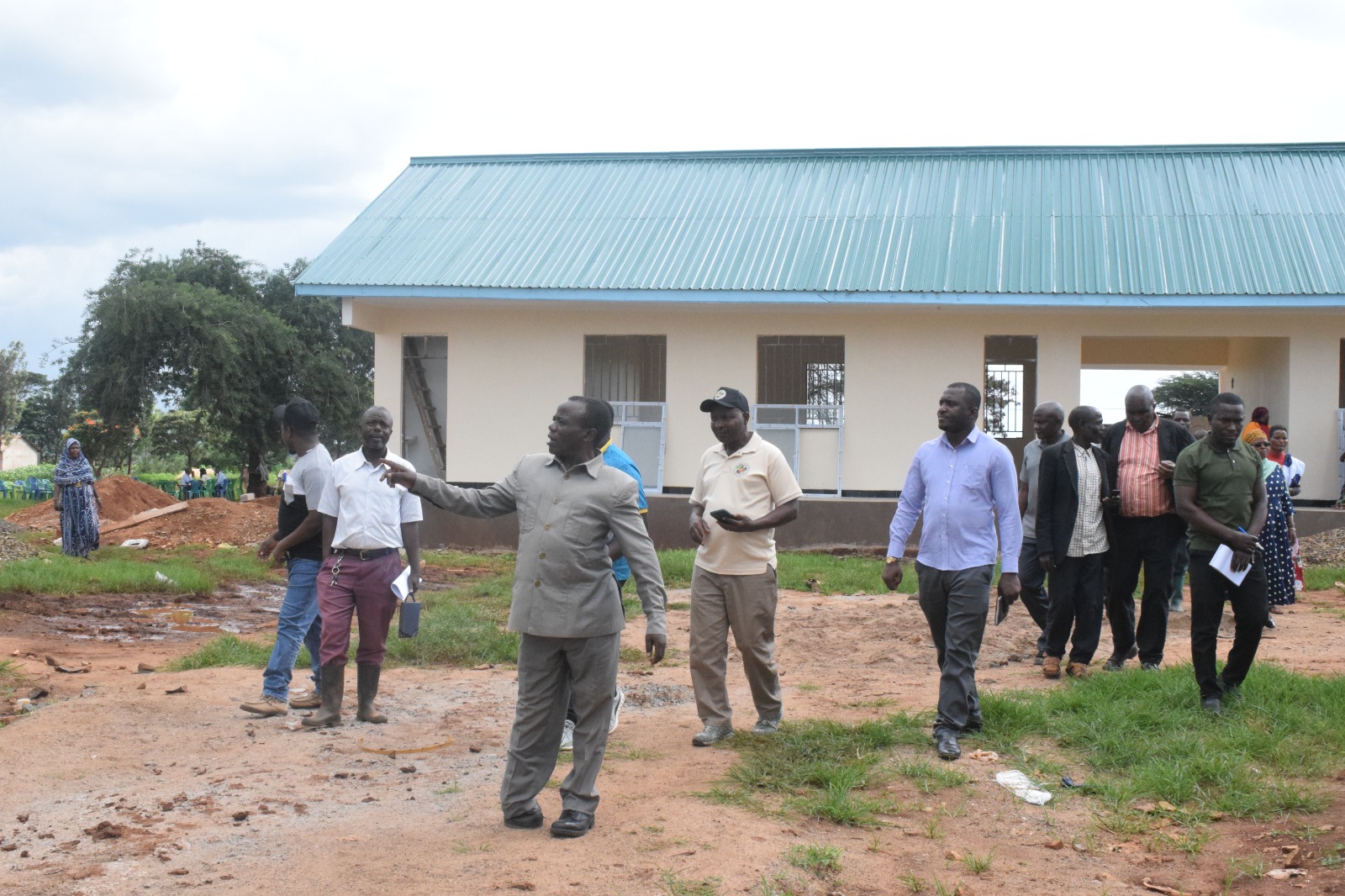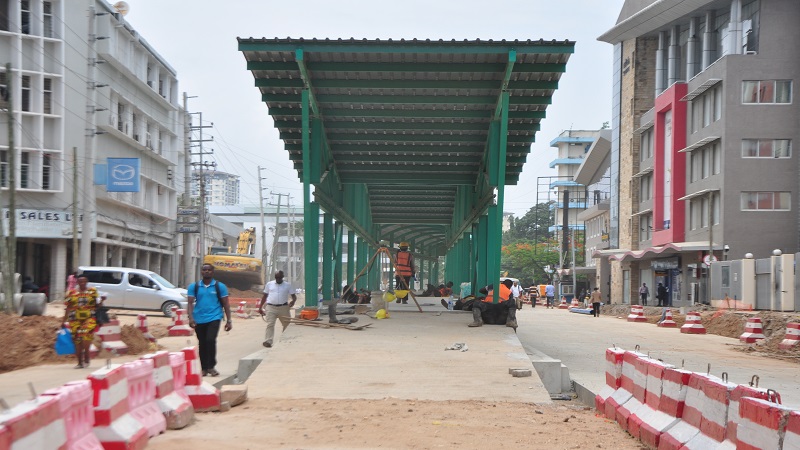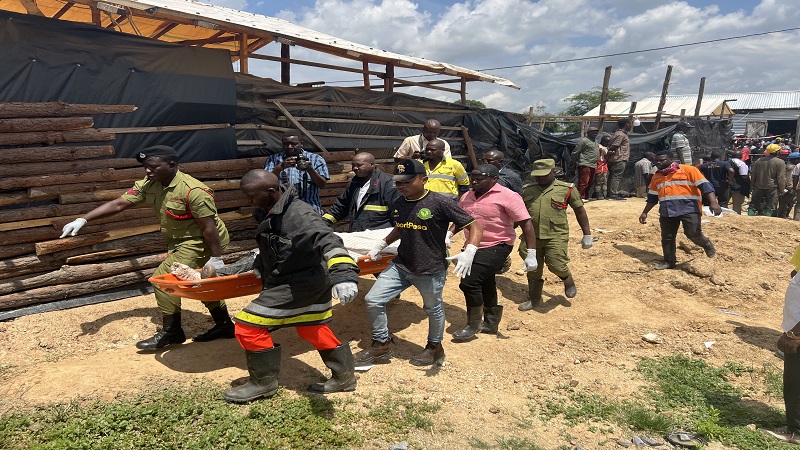Lack of filling stations upsets CNG transition
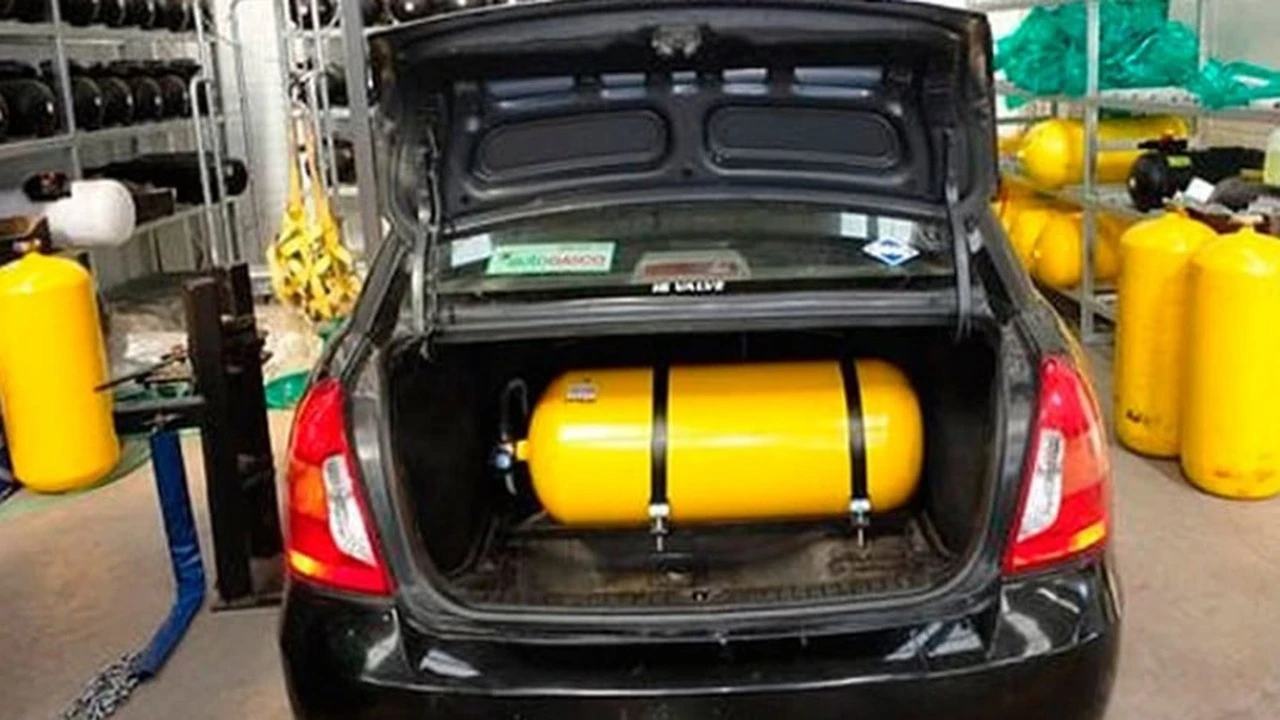
LOW private sector initiative in building compressed natural gas (CNG) filling stations or converting existing fuel station chambers to offer alternative fuel is holding back transition to natural gas use for vehicles in the city of Dar es Salaam.
Analysts say that only one organisation, a direct stakeholder in the fuel industry, is noticeably involved, with limited capacity to put up compressed gas fuel stations.
The situation is comparable to Nigeria and other African nations, where Tanzania is increasingly embracing CNG due to its environmental benefits and affordability but faces considerable setbacks as fillings stations are not being primed to convert existing fuel chambers to CNG use and obtain licences.
CNG is considered cleaner than petrol and diesel, and its relatively low cost has attracted around 5,000 early adopters, especially among commercial drivers, casual surveys indicate.
As a result vehicle fuel CNG usage is still minimal, with long projections for near-total adoption by mid-century, given abundant natural gas reserves offshore.
CNG in Tanzania costs less than half of petrol prices, making it an appealing option for commuter driving in particular and even for personal vehicles, as well as vastly reducing costs of the use of government vehicles on a routine basis, observers say.
Samuel Irube, a taxi operator, spent 1.5m/- ($620) to convert his three-wheeled vehicle, a bajaj make, to CNG. However, the lack of filling stations means that he often spends more time waiting to refuel than actually working.
In Dar es Salaam, there are only four CNG filling stations mostly run by the Tanzania Petroleum Development Corporation (TPDC) forcing motorists like Irube to wait hours in long queues.
At the Ubungo CNG station, the situation is no better, as motorists patiently line up while the frustration is evident. Medadi Ngoma, waiting for over two hours, recalls when queues were shorter and faster, in which case increasing demand for CNG has outpaced infrastructure expansion.
Another CNG user, Sadiki Mkumbuka, also complains about the long wait times at the busiest station near the airport, which he believes should have more stations to accommodate the growing demand.
Despite inconveniences, many motorists are opting for CNG, aiming at significant cost savings, with a driver fills his 11kg gas tank for 15,000/- ($6), covering about 180km – less than half the price of petrol for the same distance.
The push for CNG adoption began over a decade ago, gaining momentum in 2018, with the relevant authorities admitting they were unprepared for the rapid rise in demand, while not looking for a viable private sector inclusion in the transition.
Aristides Kato, the CNG project manager at TPDC, is aware of the lack of infrastructure to support the increasing number of gas-powered vehicles.
Given the low push for private sector inclusion in critical spheres of economy, the formulation is that despite these challenges, the government remains committed to promoting CNG as a cleaner alternative to petrol and diesel.
“The use of locally available natural gas should help keep costs low and reduce air pollution, making it a win-win for both the environment and motorists,” the project chief noted, pointing out that the initial cost of converting a vehicle and the lower mileage of a CNG tank compared to petrol or diesel may deter some potential adopters.
While the situation is frustrating for the pioneers of transition to CNG fuel use, the country’s growing demand is seen as a positive sign.
Amr Aboushady, country manager of Taqa Arabia, which operates a CNG station near the airport, views the demand as an opportunity to expand the industry.
The company plans to build more stations and hopes to replicate Egypt’s success with CNG, where half a million vehicles have switched to dual-fuel systems since the 1990s, he said.
While workshops have been tasked to convert vehicles to use natural gas, expanding CNG infrastructure is closely under wraps, analysts believe.
TPDC started building what is described as a central “mother station” in Dar es Salaam to supply smaller stations nationwide, while acquiring five mobile CNG units for use in Dar es Salaam, Dodoma, and Morogoro.
Some analysts assert that these initiatives should eventually reduce waiting times, but for now, the shortage of filling stations remains a major obstacle for Tanzania’s CNG pioneers.
Top Headlines
© 2025 IPPMEDIA.COM. ALL RIGHTS RESERVED








